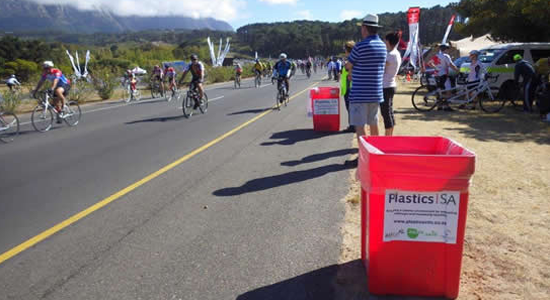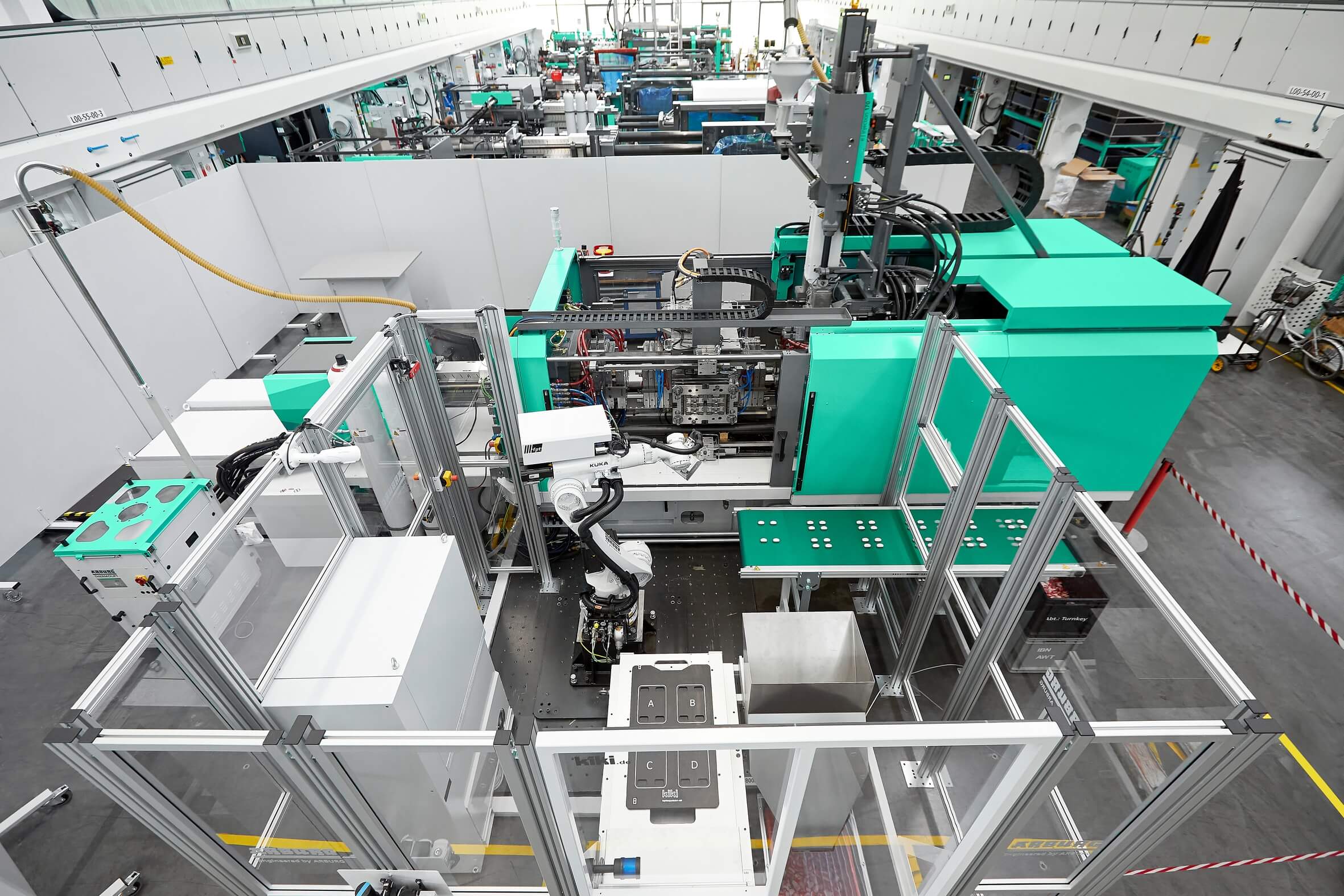(ANSAmed) – TUNIS, DECEMBER 17 – A seminar planned for December 18 and 19 at the Novotel Hotel in Tunis will aim to promote interaction between the Tunisian and European plastic recycling industries, with the goal of creating future forms of collaboration.
The seminar, titled “The Circular Economy of Plastic: Best Practices and Networking”, is the third event in Tunisia as part of the SwitchMed project, which is financed by the European Union to support and strengthen social and ecological innovations in various countries in the Mediterranean.
SwitchMed is coordinated by the EU; the UN Industrial Development Organisation (UNIDO); the Mediterranean Action Plan (MAP), part of the United Nations Environment Programme (UNEP); the Regional Activity Centre for Sustainable Consumption and Production (SCP/RAC); and UNEP’s Division of Technology, Industry and Economics (UNEP/DTIE).
In particular, SwitchMed’s activities are aimed at strengthening the internationalisation of startups and SME in the southern Med region by improving their ability to manage resource innovation, ecology, and efficiency. UNIDO decided to focus on the plastic industry and in particular on products, processes, and applications that contribute to closing the cycle of the circular economy.
To that end, UNIDO is promoting the exchange of know-how, best practices, and technologies that support the development of the plastic recycling industry in Tunisia.
Plastic waste collection, treatment, and recycling in Tunisia are mainly informal (80%).
In addition, the most recent statistics show that the annual quantity of plastic collected and recycled in the ECOLEF system, managed by the National Agency for Waste Management (ANGED), went down significantly after the revolution, from 16,000 tons in 2010 to 5,600 in 2017.
A real chance therefore exists to improve recycling collection, both in environmental and economic terms, as well as in the direct impact on the plastic materials sector in Tunisia.
To take advantage of this opportunity, Tunisia must aim to build a formal industry for waste treatment based on innovation, green jobs, and a stable trade balance (because the majority of plastic is imported); integrate informal parties into the formal economy; and to improve the collection and selection of waste to add value to the recycling process.(ANSAmed).
Source : ansamed.info/








